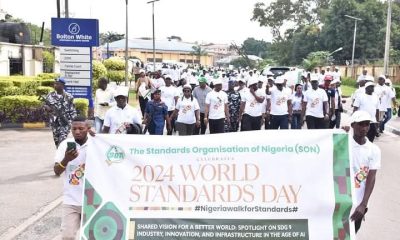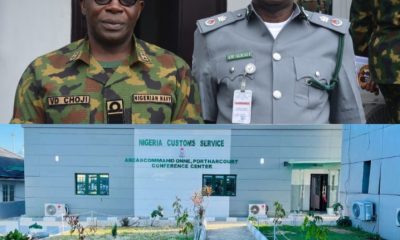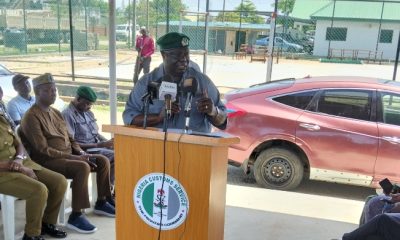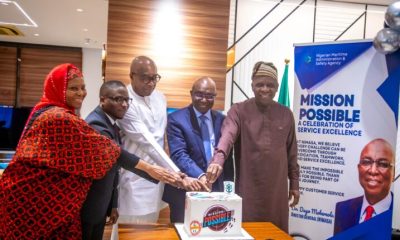By Ambrose Nnaji
GE Vernova, a purpose-built company driving electrification and decarbonization, has underlined its commitment to accelerating Nigeria’s sustainable energy transition journey through its key operating segments including power (gas, nuclear, hydro, steam), wind (onshore, offshore) and electrification (transmission, distribution, conversion, storage, and orchestration of electricity).
GE Vernova is a planned, purpose-built global energy company that includes Power, Wind, and Electrification businesses and is supported by its accelerator businesses of Advanced Research, Consulting Services, and Financial Services. Building on over 130 years of experience tackling the world’s challenges, the company is uniquely positioned to help lead the energy transition by continuing to electrify the world while simultaneously working to decarbonize it.
 The energy firm helps customers’ power economies and delivers electricity that is vital to health, safety, security, and improved quality of life. The company is headquartered in Cambridge, Massachusetts, U.S., with more than 80,000 employees across 100+ countries around the world.
The energy firm helps customers’ power economies and delivers electricity that is vital to health, safety, security, and improved quality of life. The company is headquartered in Cambridge, Massachusetts, U.S., with more than 80,000 employees across 100+ countries around the world.
With a presence of over 100 years in Nigeria, GE Vernova supports the generation of more than half of Nigeria’s power supply, servicing utilities, independent power plants, the oil & gas industry, cement sector and many other segments across the country. Globally, the company helps to generate approximately 30 per cent of the world’s electricity.
Nigeria, one of Africa’s economic powerhouses, faces a dynamic energy landscape characterized by a growing population, industrialization, and a rising demand for electricity. The nation’s energy industry plays a significant role in supporting economic growth and improving the quality of life for its citizens.
To deliberate on the key aspects of the energy transition in the country, including generation, transmission, distribution and consumption, GE Vernova hosted the “Nigeria Energy Dialogue” event. The forum brought together senior leaders from governments, financiers as well as key stakeholders and thought leaders from utilities and the private sector across the country to explore policy initiatives, technological advancements, and collaborations between the government and key players in the private sector, with a collective goal to address challenges and create a sustainable energy ecosystem.
“We have a long-term relationship with Nigeria, and we are committed to further strengthening it through creating localized solutions that will support Nigeria’s power infrastructure,” said Kenneth Oyakhire, Managing Director, Services – SSA, for GE Vernova’s Gas Power.
“Through collaborative efforts with the government and industry stakeholders, we aim to ensure that power generation assets continue to play a role in a cleaner energy future while delivering reliable, affordable, and sustainable power. GE Vernova has a long history of innovation, and we look forward to utilizing our global experience – leading with an installed base of 2,200 gigawatts – to make Nigeria’s energy transition a reality”.
“The United States is a global leader in renewable energy,” U.S. Mission Commercial Counselor Julie LeBlanc said. “American companies, like GE Vernova, not only bring significant capital, innovation, and proven solutions, but they also adhere to the highest standards of transparency, quality, and social responsibility”.
GE Vernova has long supported the development of Nigeria’s power sector. Among its most recent projects is the August 2023 groundbreaking by President Bola Tinubu of the 1,350-megawatt (MW) Gwagwalada Independent Power Plant that will be fueled by Nigerian natural gas and will be built in three phases with the company’s E-class gas turbines.
Last year, the company also commissioned four 175 MW Francis hydropower turbines and generators for Nigeria’s second largest hydropower plant, the Zungeru hydropower project in Niger State. GE Vernova is also providing three LM6000 PD aeroderivative gas turbines for the 141 MW Aba Integrated Power Project which was recently commissioned in Abia State by the Vice President of the Federal Republic of Nigeria, Kashim Shettim.
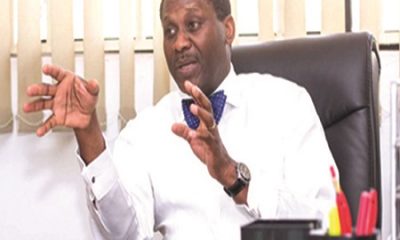
 Business5 years ago
Business5 years ago
 News6 years ago
News6 years ago
 Crime2 years ago
Crime2 years ago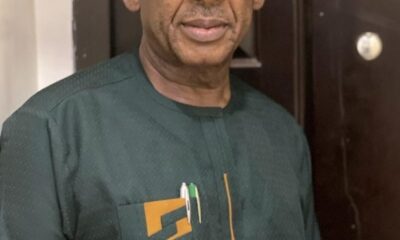
 News1 year ago
News1 year ago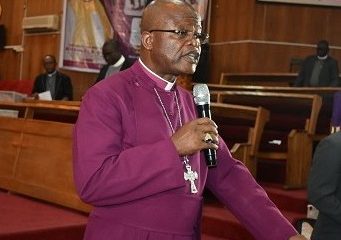
 News5 years ago
News5 years ago
 Football6 years ago
Football6 years ago
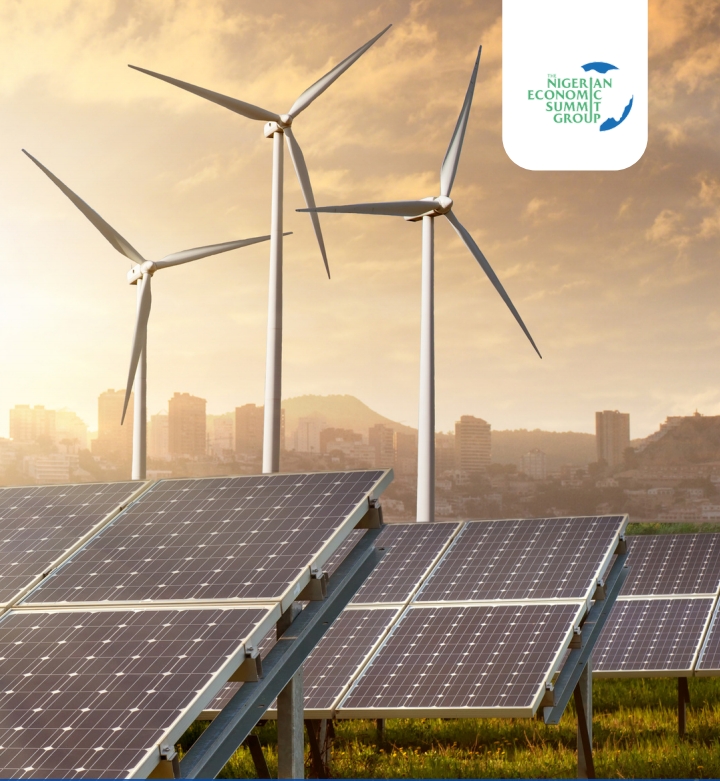
 The energy firm helps customers’ power economies and delivers electricity that is vital to health, safety, security, and improved quality of life. The company is headquartered in Cambridge, Massachusetts, U.S., with more than 80,000 employees across 100+ countries around the world.
The energy firm helps customers’ power economies and delivers electricity that is vital to health, safety, security, and improved quality of life. The company is headquartered in Cambridge, Massachusetts, U.S., with more than 80,000 employees across 100+ countries around the world.
